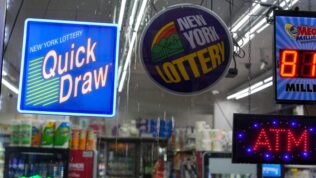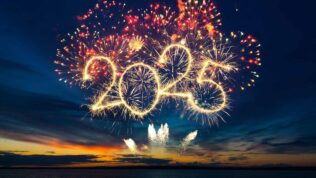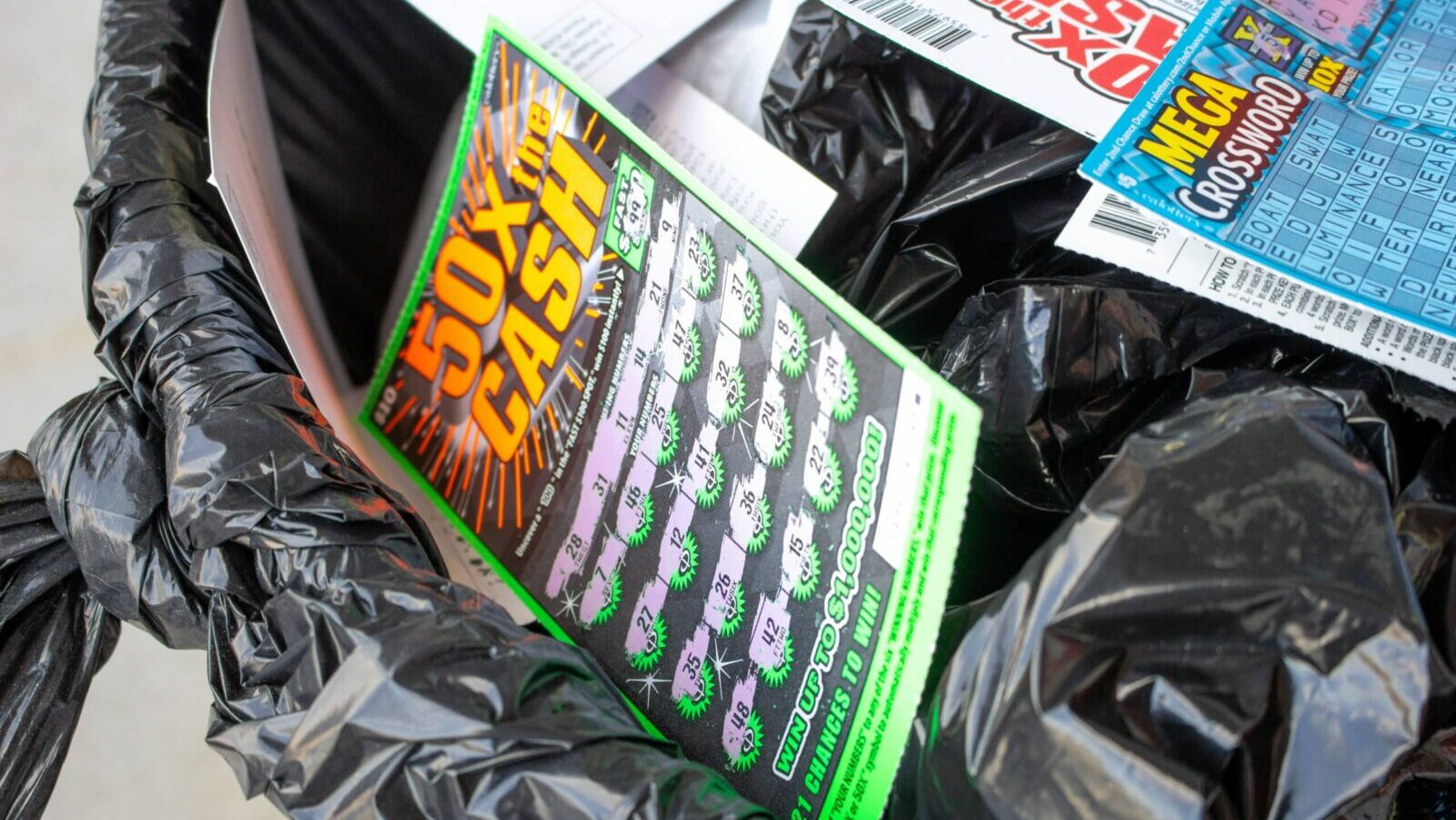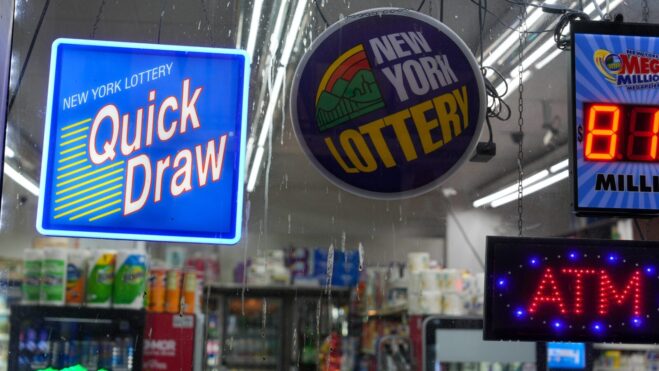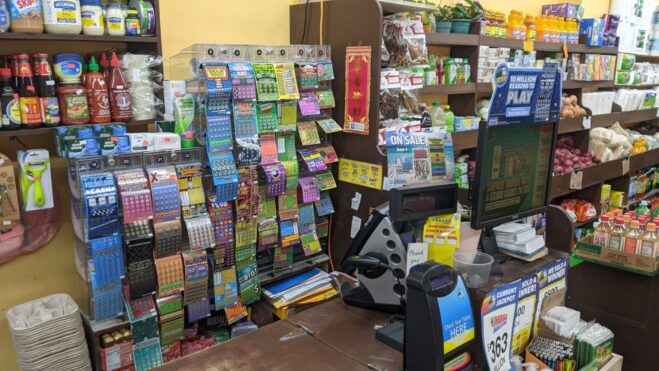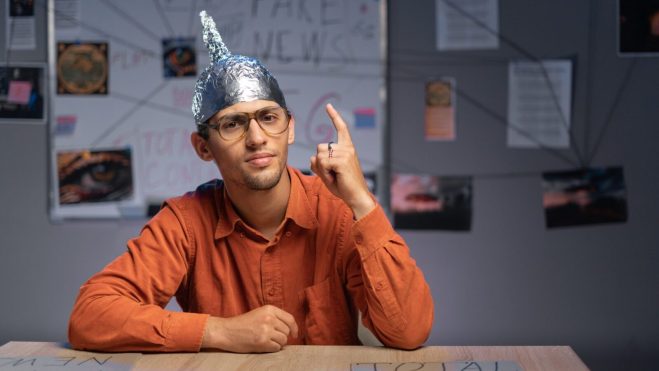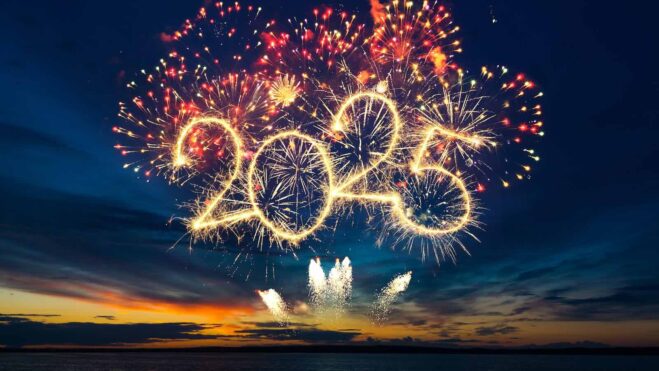From Jamestown To Jackpocket, The History Of Lottery Play In America
Thomas Jefferson once said of lotteries, which have come and gone across the last 500 years, "They are indispensable to the existence of man."
5 min
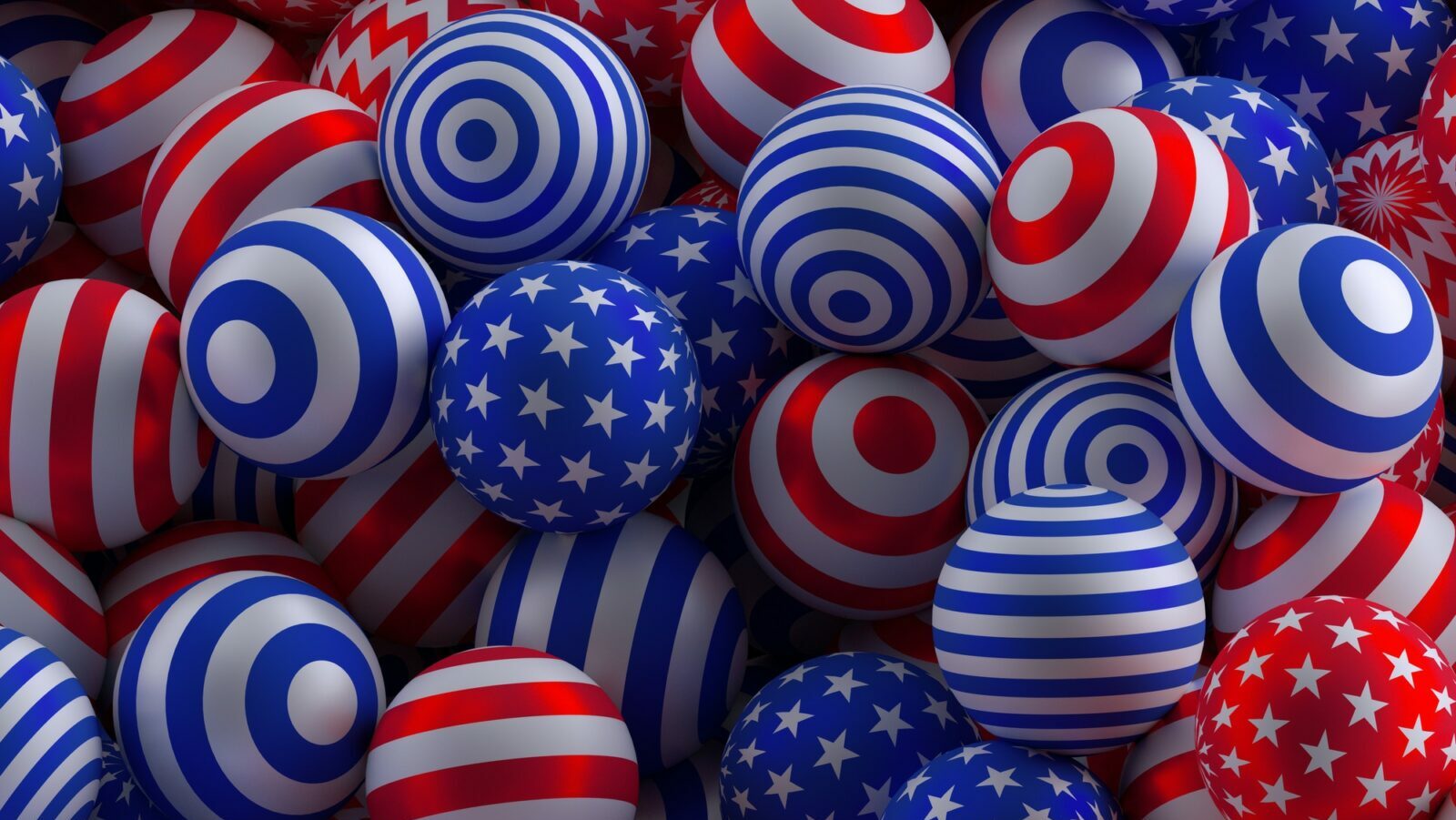
The roots of the lottery on American soil date back at least to 1612, when King James I authorized the Virginia Company of London to run one to raise revenue to finance ships in the Jamestown colony.
Subsequent lotteries thrived in the 17th century, and in the 18th century, as the Revolutionary War grew nearer, lotteries were endorsed and even run by such notable figures such as George Washington, Benjamin Franklin, John Hancock, and Thomas Jefferson.
In fact, Jefferson once said of lotteries, “They are indispensable to the existence of man, and everyone has a natural right to pursue such one of them as he thinks most likely to furnish him subsistence.”
All that said, lotteries hardly can be claimed to have their original roots in this country.
The states of the union
Historians trace the first public lottery to the Roman Empire reign of Augustus Caesar 2000 years ago. A relatively modern version of a lottery — with prize money going to the lucky winners — was held in 1466 in Bruges, Belgium as a way to finance assistance for impoverished residents.
Still, lotteries became a feature of early American life as the country became independent, with all 13 original colonies offering them for decades.
Yet even from the early days, there was a significant faction of public sentiment that viewed playing the lottery as an immoral form of gambling. That sentiment was sparked further by The Great Panic of 1837, a financial crisis that led to the collapse of many major banks and to a growing public distrust of all government institutions.
In the 1840 and 1850s, almost every state banned its lotteries — Delaware, Missouri, and Kentucky being the lone exceptions. Tens of millions of Americans thus lived out their lives without exposure to a legal, regulated lottery.
The first roots of the current era sprung up in the U.S. territory of Puerto Rico, which launched its lottery in 1934. But it would be another 30 years before the first U.S. state — New Hampshire — began offering a lottery.
By the end of the 1970s, 13 other states — mostly in the Northeast, but with a handful in the Midwest — had followed suit.
The rest of the country gradually relented, and in 2019 Mississippi, whose powerful casino industry had fought against it, became the 45th state to offer a lottery.
Five states, however, continue to resist: Alabama, Alaska, Hawaii, Nevada, and Utah. Of those five, Alabama has to be considered the “betting favorite” to become State 46, given the amount of discussion on the topic by state lawmakers in 2024.
Interstate pooling
The prize payouts in the 1970s were relatively modest. But in 1985, the New England states of Maine, New Hampshire, and Vermont kicked off a revolution in lottery play by teaming up to offer “Tri-State Megabucks” tickets that offered large prizes. It soon became clear that the worsening odds of winning a contest with more participants was more than counteracted by the lure of those jackpots.
In 1987, six states — Iowa, Kansas, Missouri, West Virginia, Rhode Island, and Oregon — joined the District of Columbia in forming the non-profit Multi-State Lottery Association (known as MUSL). Their first venture was “Lotto America” in 1988, with participants choosing seven numbers out of 40 rather than the typical “Pick Six” offering of most single-state lotteries. A player who got four of seven numbers chosen randomly got $5 for their $1 ticket investment, while all seven numbers had to be correct to collect the jackpot.
The quick success of Lotto America led nine other states — in order, Wisconsin, Montana, Idaho, Maine, Minnesota, Indiana, South Dakota, Delaware, and Kentucky — to join the MUSL from 1989-1991.
Lotto America was replaced by Powerball in 1992, with only Maine dropping out of MUSL at that point. Powerball was the first “two-drum” lottery. Players select five of 69 numbers that are represented in a drum by white balls, and also one of 26 numbers represented by red balls. Matching at least three white ball numbers or the single red ball number means the player wins a prize.
Arizona, Nebraska, Louisiana, New Hampshire, Connecticut, and New Mexico came aboard in the 1990s, bringing the total number of states in Powerball to 20. Eleven more states joined in the decade of the 2000s, and 11 more were added in the first few months of 2010. Mississippi’s membership that began in 2020 meant that all 45 states that featured their own lotteries also participated in Powerball.
There are three Powerball drawings per week, with a minimum top prize of $20 million, to be paid out either in a lump sum — which is roughly half the value of the advertised jackpot figure — or in 30 annuity installments that rise in value by 5% over each of the 30 years.
Make room for Mega Millions
While Powerball was growing in popularity, along came a major competitor in 1996: “The Big Game,” with the original six states being Georgia, Illinois, Maryland, Michigan, Massachusetts, and Virginia. But Georgia, after briefly offering both major jackpot lotteries, was soon expelled by MUSL for that perceived transgression.
Drawings for The Big Game — which was rebranded to its current name of “Mega Millions” in 2002 — take place on Tuesdays and Fridays, while Powerball winning numbers are revealed on Mondays, Wednesdays, and Saturdays.
California, Texas, New York, and Washington joined Mega Millions in the decade of the 2000s, with the massive populations of the first three states helping Mega Millions become somewhat competitive with the 31 states that were in the Powerball consortium.
The Mega Millions format is similar to Powerball, although initially five numbers were chosen out of 75 rather than 55, and one number was chosen out of 15 rather than 42. Mega Millions tickets rose from $1 to $2 in 2017, while minimum jackpot also doubled, to $40 million (revised temporarily back down to $20 million in 2020 during the early stages of the COVID-19 pandemic, as visits to small grocery and convenience stores plummeted).
All states except California offer a “megaplier” option for an additional dollar, in which prizes won are multiplied two to five times the announced figure. It is very similar to Powerball’s “Power Play” option.
The Mega Millions revisions in 2017 also included a change still in effect: a choice of five out of 70 numbers, as well as one out of 25 numbers. Powerball’s option since 2009 has been to choose five out of 59 numbers, and one out of 39 numbers.
Bigger money, longer odds
The rise in the difficulty of getting all six numbers correct has led to larger and larger jackpots — while also worsening a player’s odds significantly. The odds to win a Powerball jackpot have gone from about 1 in 55 million in 1992, to 1 in 195 million in 2009, to the current 1 in 292 million.
Mega Millions’ path has been similar: 1 in 53 million in 1996, 1 in 175 million in 2005, and a current chance of 1 in 303 million.
The largest winning Mega Millions ticket — prize of $1.6 billion — was sold in August 2023 in Neptune Beach, Florida. Powerball has had an even bigger winner: $2.04 billion, sold in Altadena, California, in November 2022.
In the fall of 2009, Mega Millions and the MUSL-run Powerball reached an agreement to allow states to offer both games. More than two dozen state lottery operators, including Georgia, took advantage of the opportunity in 2010, and as of today all 45 states with their own lotteries also offer residents a chance to play both mega-jackpot games as well.
MUSL offered a separate game called “Hot Lotto” from 2002 to 2017, when it was discontinued due in large part to fallout of a revelation two years earlier that an MUSL employee named Eddie Tipton had managed to “rig” the game and collect millions of dollars before he was caught, arrested, and ultimately convicted. Hot Lotto was replaced by a “new game with an old name” — Lotto America.
Nine states now offer their state lottery games as online purchases, and Jackpocket — sold to DraftKings in February 2024 for $750 million — allows those located in nearly a dozen states to buy Powerball and Mega Millions tickets online.

